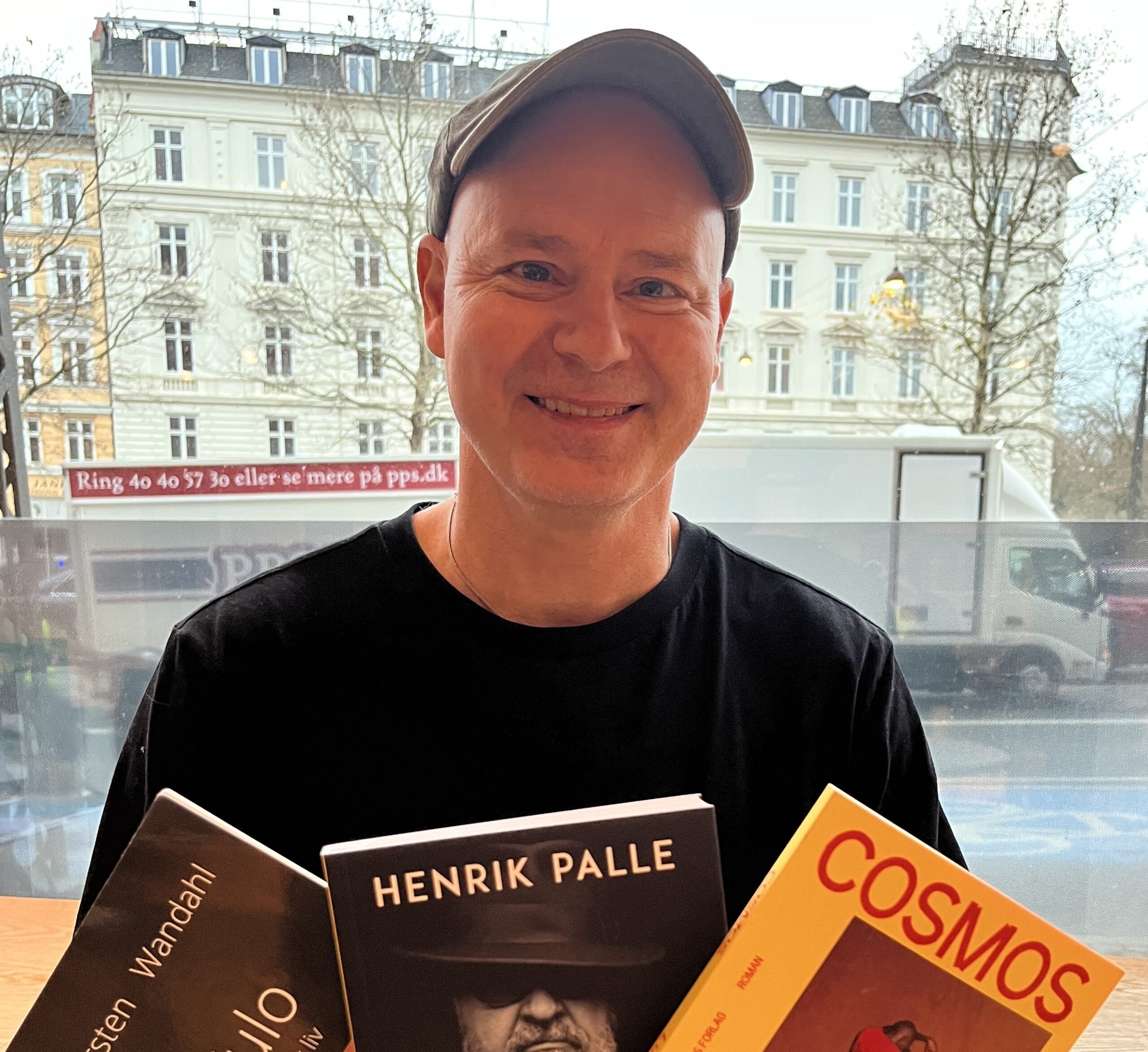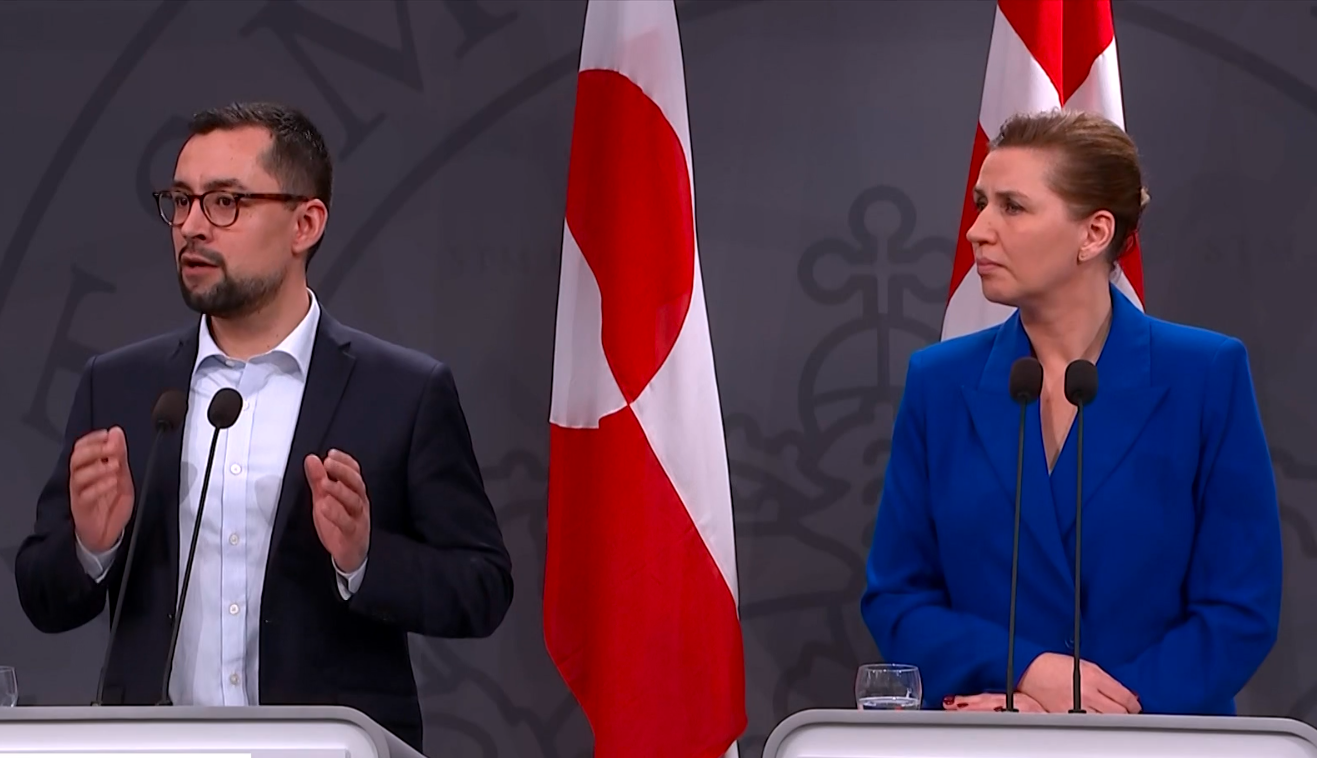If you were to say he was Denmark’s version of Dick Clark, you wouldn’t be far off. Starting at the age of 16, and for the past 50 years, de Mylius has been the nation’s leading radio and TV host. He is best known for hosting eleven Danish national qualifiers (1978-88) for the Eurovision Song Contest.
So that makes him 66. What has he done lately?
Fans of Eurovision will have seen him during Saturday’s Danish national qualifier. Although he’s long since given up the stage to the scantily clad women demanded by today’s viewer, his opinion of what songs have hit potential is still widely respected. As a jury member, his vote went to the eventual winner.
He started at 16? Like in his basement?
His first involvement with radio was public broadcaster DR’s newly-created popular radio station P3. De Mylius, then an avid listener of radio broadcasts from the UK and pirate stations like Radio Luxembourg, wrote to the station less than a month after it took to the airwaves on 1 January 1963, complaining about its selection of music. He was later interviewed on the air and then hired to host his own show, ‘Efter skoletid’ (after school), which he used to popularise names like The Beatles, Pat Boone, Cliff Richard and Elvis. He’s been on DR’s payroll ever since, having hosted any number of TV and radio shows dealing with music, including a chart show, which he is credited with popularising here.
Sounds like a match made in heaven.
Nowadays, de Mylius comes off as being squeaky clean, but like any long-term relationship, he and DR had their problems. In the ‘60s he was rejected by conservative voices at DR, who didn’t consider rock to be music. On the other hand, he was the subject of protests by those on the cultural left, who sought to get him fired because he didn’t play enough politically orientated music. He also said he frequently violated DR regulations by airing certain songs he knew were popular abroad, but weren’t permitted on the air in Denmark due to licensing restrictions. In the early days, he recalls having to bring his own records because DR didn’t have copies of some of the most popular albums.
Does he try to keep up with modern music?
In a recent radio interview, he said he tried to keep up and admitted he didn’t like most of what he heard. At the same time, though, he said the lesson he learned as a teenager fighting against preconceived adult notions made him unwilling to reject the value of any form of music.
So no embarrassing public efforts to stay young?
Even though he says he’s got no plans to retire, he admits that he’s not young anymore. He still has two weekly radio programmes, but they are marketed towards the same listeners who listened to him back in the ‘60s. Even though musically he sticks to his own generation, in his personal life, he’s not so strict. His wife is 17 years his junior – something he credits with keeping him lively.












